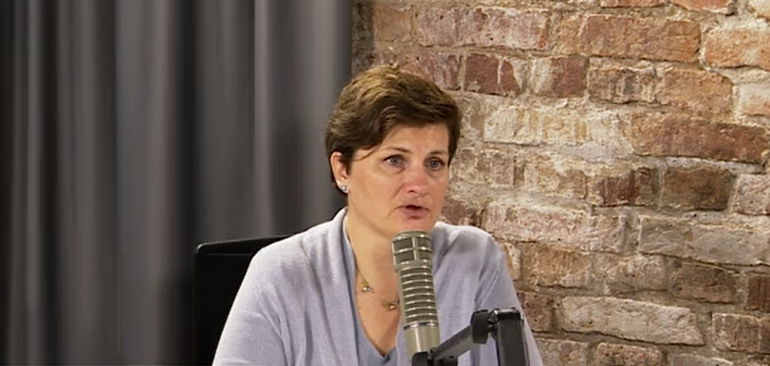Additional restrictions were already imposed by the government on 17 October, and the increase in the number of infections is no longer that rapid, but there has been no stabilization. This means that with existing restrictions, COVID-19 spread will not be reduced as quickly as it would be necessary, the Minister said.
The chief infectologist, Professor Uga Dumpis, constantly repeats that,
if the existing limits were observed by 85% – 95% of the society, there would be no additional tightening of restrictions, but “we obviously are not doing so well”, said the Minister.
She explained that it was necessary to limit the possibility for people to gather, because the virus could spread directly at gatherings.
“What remains is entertainment, cultural events, although strictly regulated by seating, that is the direction where we will have to look. And the other is catering,” the minister said.
However, the Ministry will not encourage further remote training at the moment, because schools are currently in the third place on the “list of sites of infection”, schools make up 9%-10% of the total count of infections, while households make up 40%, Viņķele said.
The Minister also said that, when imposing restrictions, people should be told at once about support mechanisms. There will be some support in the form of downtime benefits or other payments.






























